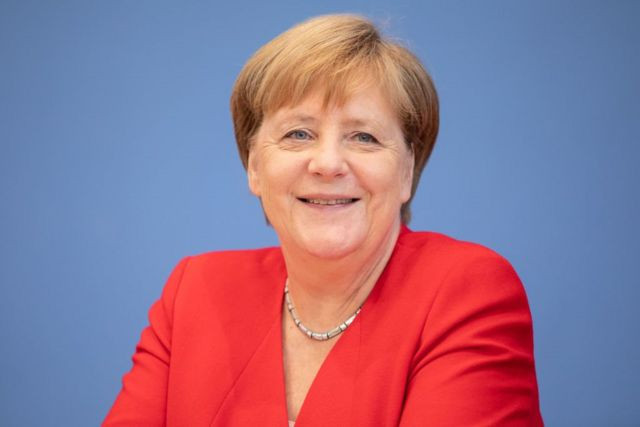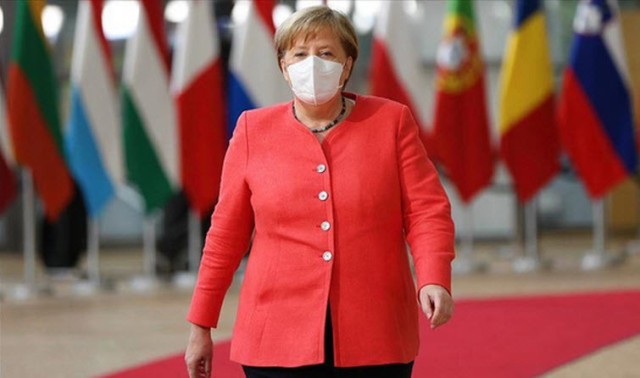In the framework of the new pandemic virus, German Chancellor Anguilla Merkel decided to impose a strict public closure throughout the country during the Easter holiday from 1 to 5 April, especially the closure of the majority of shops and cancel the ecclesiastical celebrations,
According to Arab Net, Merkel said at a press conference was held at the end of its marathon negotiations over more than 12 hours with the 16 rulers of the country's states that during these five days, a full ban on gatherings, and on an outdoor eating and the other stores will be closed except Those that sell foods and will allow them to open their doors on 3 April.
The churches will also be closed and canceled, canceled, and other ecclesiastical celebrations, except those that will be given online.
Chancellor said the status of risk, the number of injuries is increasing at an accelerated pace and intensive care beds are filled again.
Since weeks, HIV infections in Germany are steadily higher and Monday reached 107.3 injuries per 100,000 people, with more than 7,700 new injuries and 50 deaths.
Merkel added that a number of restrictions since the end of 2020, particularly those imposed on the group's group in private places, were decided to extend their turn until 18 April.
The counsel was warned that the country was in the midst of a new pandemic because of the outbreak of coupons in which Corona virus, especially the British version.
Our new virus (...) said it is much more fat, and much more infection, capable of brewing much longer.
On the other hand, the Advisor expressed its support for the President of the European Commission Orsula von Derine, which threatened to halt European exports from Astrazenica vaccines if the European Union did not receive its shipments first, in a new disruption of the difference on the delay of receipt of large quantities of this vaccine.
Merkel said I support Head of UNHCR Orsula von Deer Line. We have been a problem with Astrazenica.
Von der Line threatened Saturday to prevent export of Astrazenica doses produced in the European Union if the latter did not receive agreed quantities with the Swedish-British company.
The former German Defense Minister said, with a warning that all options were present, stressing that European leaders would discuss this issue during their upcoming days this week.
The Europeans are angry from Astrazenika because Britain handed over all agreed doses while failing to fulfill their obligations towards them.









































